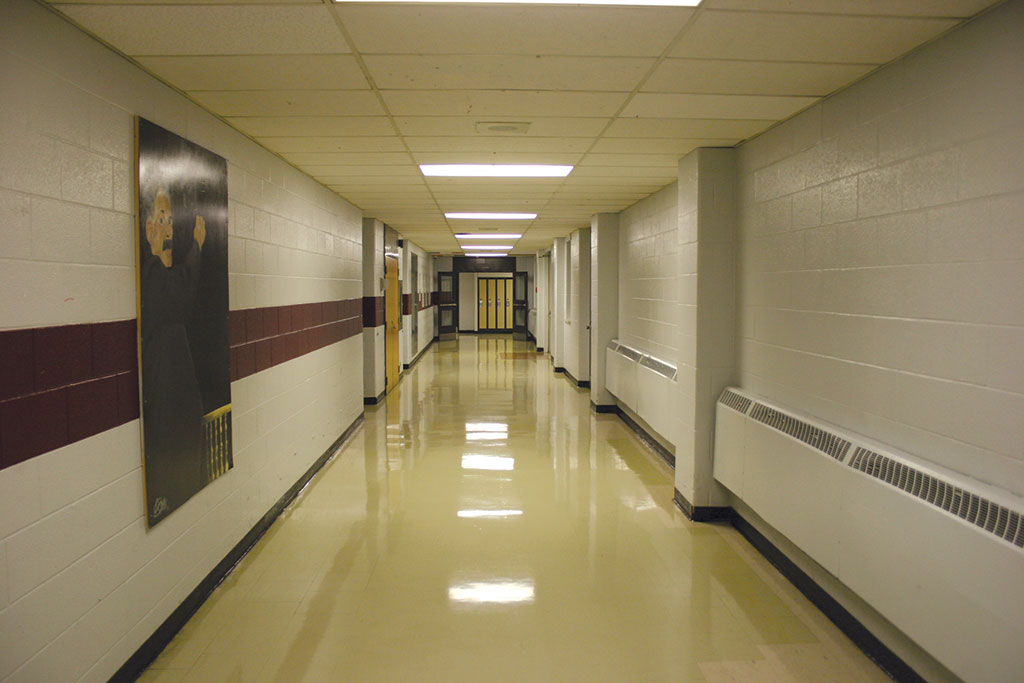If education is an essential function of our society, close behind the medical profession even during a pandemic, then why are so many public schools closed to in-person learning?
That’s the provocative question Mike Miles posed in a recent talk during the African Leadership Group’s annual Afrik Impact event. An audio recording of his talk is embedded below. Miles, whose thoughts are always worth considering, is a deceptively mild-mannered, highly credentialed educator who never shies away from telling hard truths. He has served as superintendent in districts large (Dallas) and small (Harrison, near Colorado Springs). He now runs a network of charter schools, Third Future Schools.
Miles’ schools are open for in-person learning. In fact, his teachers are performing a difficult feat: They’re simultaneously teaching in-person and online. As Miles points out in his talk, the head of the Massachusetts Teachers Association said it would be impossible for teachers to do this. “It’s not impossible; it’s necessary,” Miles said.
The entire 13-minute talk is well worth a listen. But here are some of the major points:
- Given massive opportunity gaps, schools cannot afford to take a year off, and surrendering to online-only learning is tantamount to losing a year for many kids. “Is (taking a year off) our answer? Is that how essential we are?” If schools can’t tolerate one person getting sick, then educators must not see themselves as essential, he said.
- While no one signed up to be an educator during a pandemic, that’s the reality we’re all facing. Miles offered all his teachers the chance to opt out of teaching this year. While they wouldn’t be paid if they decided not to teach, Third Future Schools would pay their health insurance and promise them an equivalent position should they choose to return the following year. “You should do what’s good for you, but the system has to do what’s good for kids,” he said. Only one teacher took that deal. The rest came to work.
- Planning should be underway now to transform education for the post-COVID-19 world. It’s not just advocating for more resources like laptops and hot spots, though that’s important. It’s also restructuring teacher placement so that the most effective teachers work with the least proficient students. As obvious as that might sound, it’s not how the system operates today. In fact, Miles said, taking on that issue will require “leadership and courage” among decision-makers.
Here’s the full audio:




